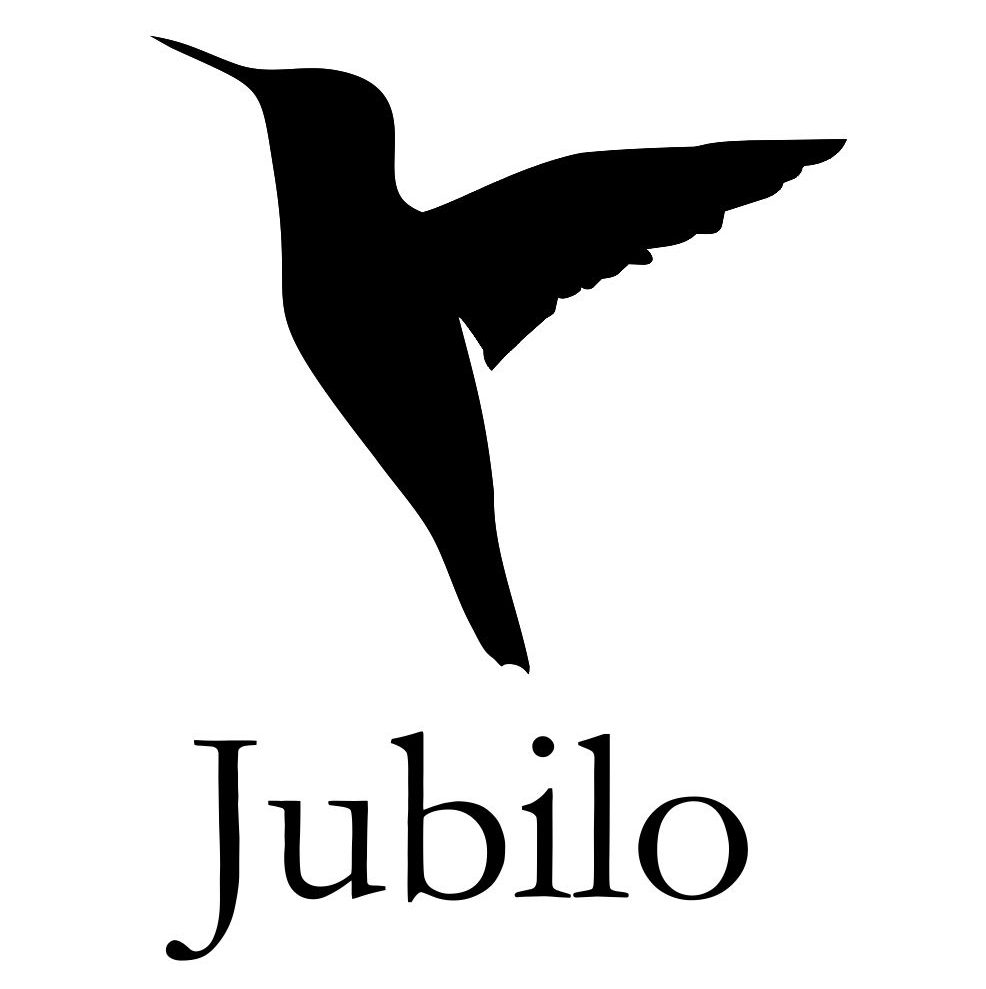In July 1995, over 8,000 Bosniaks (Bosnian Muslims), mainly men and boys, were killed in the 1995 Srebrenica genocide by the Army of Republika Srpska. Thousands of women and young children were displaced from their homes due to the Srebrenica genocide and continue to live as refugees in the remains of former collection centres. The social exclusion and psychological trauma they are subjected to has confined the survivors and their children to an existence within a veritable ‘no man’s land.’ In July 2012, Jubilo traveled to Bosnia & Herzegovina to participate in the Marš Mira peace march, retracing the path through which the Bosniaks attempted to flee from the Republika Sprska through the mountains. After a three day 110 km march through mountainous terrain, the newly identified remains of 520 Srebrenica victims were buried in a mass Muslim funeral ceremony at the Potočari-Srebrenica Memorial Centre.
After the funeral, the artistic team traveled to the city of Tuzla, where many displaced persons still live as refugees in outlying camps. In the refugee camp of Ježevac, Jubilo worked with the association Snaga Žene (Women Power) to coordinate a series of intensive workshops through two separate artistic lines with women and children survivors of the Srebrenica genocide. The work with the women focused on opening body awareness and imagination, using elements of simplified Ashtanga Yoga, movement, visualization, singing, and drawing. The song material used in the work sessions also included bosniak lullabies from the women’s culture. The children’s workshops drew on elements of acrobatics, rhythm, percussion, theatrical games, and dance elements of Italian Pizzica. The expedition and workshops will be presented in a future documentary film currently in production. The project was realized with the support of the European Cultural Foundation Step Beyond Grant.
Photos: Marios Chatziprokopiou and Daniel Han

























